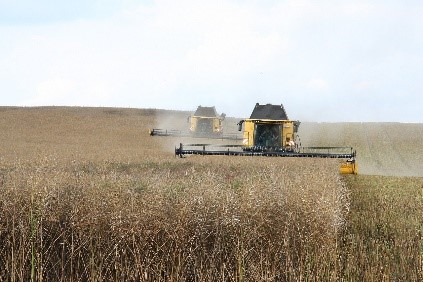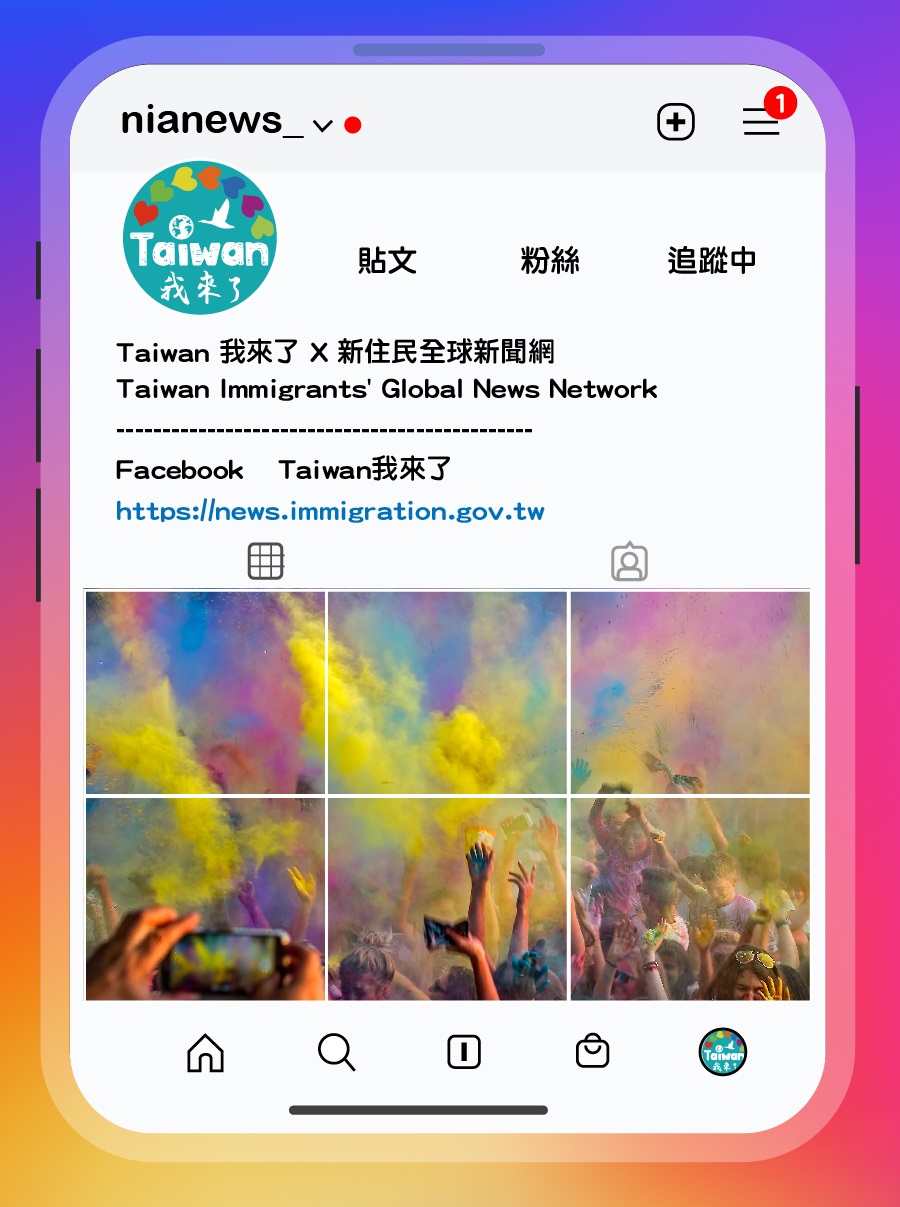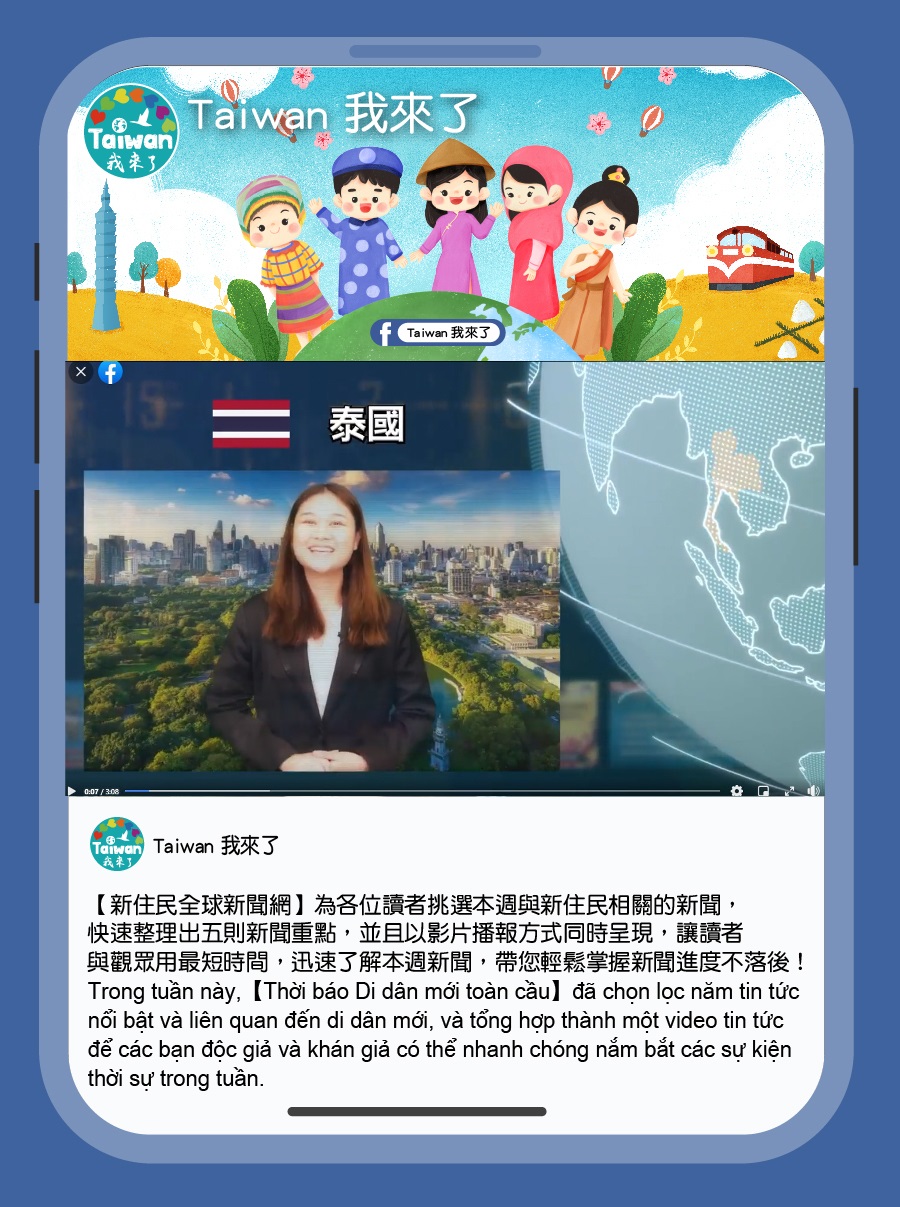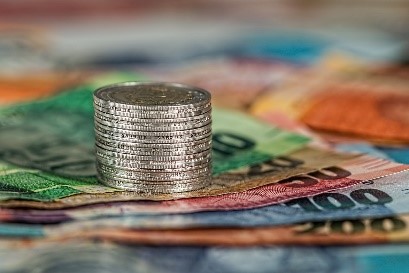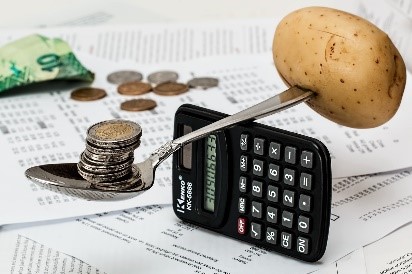According to World Bank approves agri project to help farmers and fisherfolk in Philippines | The Star, on May 28, the World Bank authorized a project to improve agricultural production, resilience, and services while safeguarding the natural resources in a number of southern Philippine ancestral lands.
The Mindanao Inclusive Agriculture Development Project (MIADP), valued at $100 million USD, would help 120,000 farmers and fishermen in Mindanao, the second-largest island in the Philippines and the southernmost archipelago.
The World Bank reported that a sizeable portion of agricultural land in ancestral domains remains uncultivated or is used by indigenous peoples for subsistence farming, even though Mindanao contributes 33.4 percent of the value of agricultural production in the Southeast Asian nation, trailing only Luzon at 39.2 percent and followed by Visayas at 27.4 percent.
The international lender claimed that a number of obstacles prevent growth in ancestral territories, including poor road infrastructure, frequent landslides that cause prolonged periods of isolation, and restricted access to technical services, markets, money, energy, the internet, and telephone services.
According to the proposal, infrastructural investments will be made to help overcome some of these obstacles and to strengthen ties between ancestral territories and markets.
These will involve building small-scale, solar-powered irrigation systems, installing agricultural tramline systems, and repairing or replacing roads and bridges.
Additionally, the project would include post-harvest services such storage facilities and trade stations as well as potable water systems.
According to Ndiame Diop, the World Bank's Country Director for Brunei, Malaysia, the Philippines, and Thailand, Mindanao is home to around 25% of the Philippines' population but is also where 35% of the nation's impoverished reside.
For the nation to achieve inclusive growth, initiatives that actively include the populace in improving living circumstances are essential, according to Diop.
According to the World Bank, the project will also aid in the growth of agricultural and fishing businesses in a few ancestral domains, integrating climate-smart agriculture practices and natural resource management techniques, as well as adopting indigenous knowledge, systems, and practices to ensure sustainability and increase climate resilience.
There would be 26 ancestral domains involved, according to the bank. The project's target neighborhoods are some of the most impoverished and vulnerable in the nation. The project will be directed and carried out by the Philippine Department of Agriculture.

